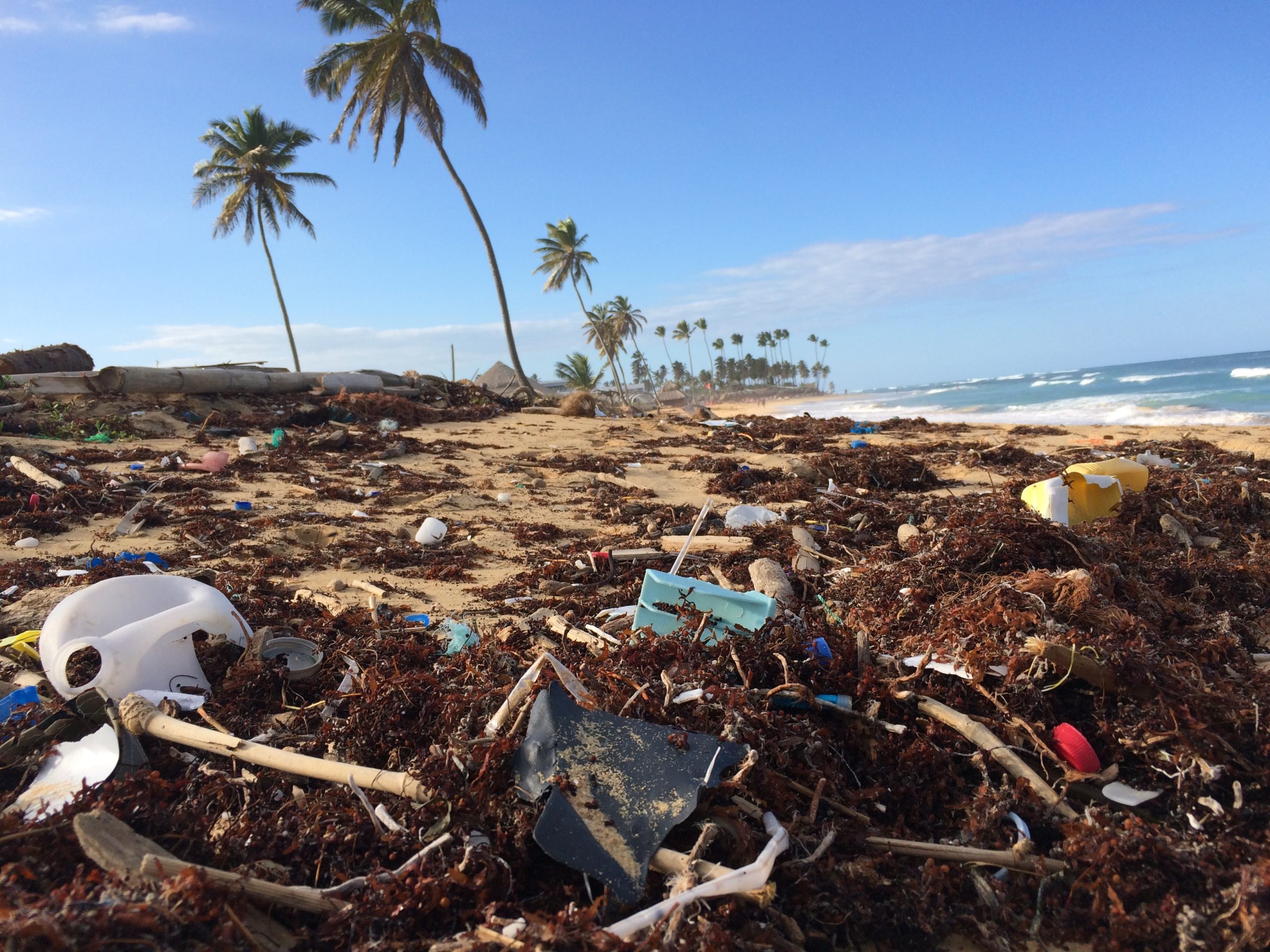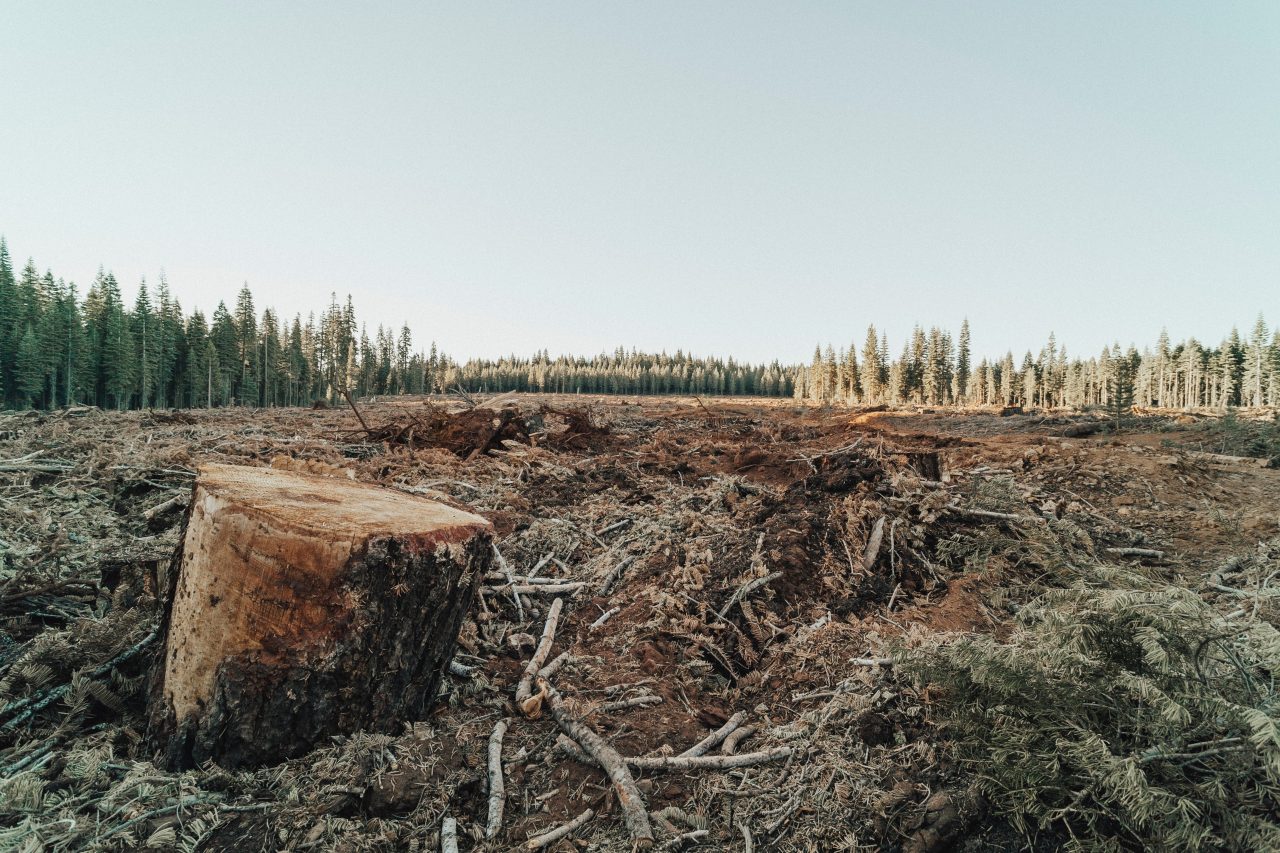Human beings have a profound impact on the world around them, and that impact can be felt in a variety of ways. One way that a human impact on the environment is through their “ecological footprint.” This term refers to the amount of land and resources required to sustain a particular lifestyle, and it’s a critical metric for understanding our impact on the planet.
In this blog post, we will dive deeper into the idea of the ecological footprint and explore how human activity affects the environment. We will also discuss what can be done to reduce the human footprint and protect our planet for generations to come.
Deforestation
Deforestation, the removal of forests or trees from an area, is a significant contributor to the degradation of the environment. It is widely recognized as a major global ecological issue as it has various negative impacts on biodiversity, climate, and soil fertility. Deforestation involves the conversion of forested land to other land uses, such as plantations, agriculture, urbanization, and mining.
The clearing of forests not only removes trees, but also destroys the habitats of many species of animals, disrupts the water cycle, increases greenhouse gas emissions into the atmosphere, and causes soil erosion. The loss of forests also affects the livelihood of forest-dependent communities, their culture, and traditional knowledge. Therefore, it is crucial to address the issue of deforestation by adopting sustainable practices that promote forest conservation and management.
Pollution
Pollution is one of the most pressing issues that contribute to the ecological footprint of human activity. The release of hazardous substances into the air, water, and soil has been linked to a host of environmental problems, including climate change, acid rain, soil degradation, water pollution, and loss of biodiversity. Pollution is generated by a variety of sources, including industry, transportation, agriculture, and households, and it can have both local and global impacts. The reduction of pollution is a critical component of efforts to mitigate environmental damage and preserve our planet’s health.
Governments, businesses, and individuals all have important roles to play in finding solutions to this challenge, whether through new technologies, policy changes, or individual actions such as using public transport, reducing energy consumption, and properly disposing of hazardous waste.

Over-Exploitation of Resources
This refers to the excessive use of natural resources beyond their ability to regenerate naturally. This is often the case with non-renewable resources such as fossil fuels, minerals, and metals. The excessive use of these resources for industrial, construction, and transportation purposes contributes to the depletion of natural reserves and a rise in carbon emissions that aggravate the ecological footprint.
Over-exploitation also applies to renewable resources such as fisheries and timber, where excessive harvesting can surpass the reproduction rate, leading to the depletion of the ecological system. Over-exploitation of resources can have devastating consequences for long-term sustainability and ecological balance, causing irreversible damage to the environment and affecting the well-being of future generations.
Climate Change
Human activity, in particular the burning of fossil fuels such as coal and oil, has resulted in a surge in greenhouse gas emissions, leading to an increase in global temperatures, changing weather patterns, sea level rise, and more frequent natural disasters. These changes have severe implications for the environment, businesses, and economies worldwide, posing a risk to infrastructure, food security, and public health.
As such, it is necessary for individuals, organizations, and governments to take immediate action to mitigate the effects of climate change by adopting sustainable practices, reducing emissions, and transitioning to renewable energy sources. Failure to do so could have disastrous consequences for the planet and its inhabitants in the coming years.
Loss of Biodiversity
The loss of biodiversity is a significant concern in the realm of ecological footprint analysis. As human activity continues to grow, the natural world is rapidly changing, which has led to the extinction of many species. Biodiversity refers to the variety of life on Earth, and it includes everything from plants to animals to insects.
Loss of biodiversity has a profound impact on our planet, as it disrupts ecosystems and their functions, leading to a cascade of ecological effects. Human activity, such as deforestation, pollution, and climate change, has played a significant role in the decline of biodiversity. It is essential to understand the interdependence between different species and to make changes to our actions that positively impact biodiversity for the sake of our planet’s health and sustainability.
Soil Erosion
Soil erosion is a serious ecological issue that results from human activities such as deforestation, agriculture, and construction. It refers to the removal and displacement of the topsoil layer, which is essential for plant growth and the survival of complex soil ecosystems. The loss of topsoil can have a significant, long-term impact on the environment, as it affects soil fertility, water quality, and the number of available nutrients.
Additionally, soil erosion can lead to increased sedimentation in rivers and streams, causing flooding and impacting aquatic ecosystems. It is important to address soil erosion through proper land use management, including conservation practices such as crop rotation, terracing, and contour plowing, which help to prevent further degradation of soil quality and prevent the detrimental effects of soil erosion.

Acid Rain
Acid rain is a significant component of the ecological footprint generated by human activity affecting the environment. It results from pollutant emissions, primarily gases like sulfur dioxide and nitrogen oxide, from burning fossil fuels such as coal, oil, and gas. These gases react with water vapor and other chemicals in the atmosphere, such as oxygen or ozone, to form acids that can harm vegetation, wildlife, and infrastructure.
Acid rain can also acidify the soil, reducing its fertility and making it less resistant to diseases and pests. Acidic water can contaminate rivers and lakes, killing aquatic life, and creating dead zones. Therefore, it is essential to reduce greenhouse gas emissions and other pollutants and develop policies and practices that promote sustainable and clean energy production, including the use of renewable sources like solar, wind, hydro, and geothermal.
Conclusion
It is clear that human activity has a significant impact on the environment. From our use of resources to our production of waste and pollution, we are leaving a large ecological footprint. The consequences of such activity can be seen in climate change, loss of biodiversity, and the degradation of both land and water resources. However, it is not too late to take action to mitigate these effects. By adopting sustainable practices in our daily lives and supporting environmentally-friendly policies, we can help reduce our ecological footprint and ensure a healthy, thriving planet for generations to come.









No Comments